The positive reporting of trans rights issues within the national newspapers seems a forlorn hope these days. Led by the anti-trans Times, Spectator and Daily Telegraph, every story appears to be twisted to blame trans and non-binary people. Speaking to a prominent gender-critical person some time back, he proudly boasted, saying, “yeah – we got the newspapers.”
This is not very surprising in reality, Rupert Murdoch, who owns The Times, is well known (how do I put this politely, without getting sued) … well, not precisely “trans-friendly.” Both the Spectator & Telegraph are owned by the Barclays, who shares Murdoch’s views. One of the more serious newspapers that in the past have been more fair has been the Guardian/Observer group. Sadly though, talking to one of their senior journalists a month or so back, it became apparent that the newspaper is split and with an editorial team that is, well, GC.
This became even more noticeable just a month ago with the censoring of an article written by Jules Gleeson, interviewing the amazing feminist Judith Butler. In recent times the subject of “free speech” has become a big topic. In regards to UK universities, this has been driven by The Free Speech Union, who often link to articles and research of the Alliance Defending Freedom (ADF) – named by the Southern Poverty Law Centre (SPLC) as a hate group.
Complaining to the Independent Press Standards Organisation is a waste of time – they are controlled by the newspapers themselves and refuse to look at “minority groups” complaints.
Fortunately, trans and non-binary people are beginning to fight back, particularly through the new 1000+ strong Gender Inclusion Network (GIN). Today sees the launch of an open letter to the UK Guardian signed by GIN members and allies.
It reads:
On September 7th, The UK Guardian newspaper extensively censored part of an interview Jules Gleeson conducted with eminent American gender theorist Professor Judith Butler.
The reason given for this censorship was that the question, to which Butler’s remarks were appended, was the subject of live court proceedings. However, the question and the remarks were two distinct parts of this piece. Moreover, the author of the article had already offered the Guardian an alternative wording that preserved Butler’s remarks, while avoiding any potential legal difficulties.
This is not the first time the Guardian and its sister paper, the Observer, has been criticised for its editorial approach to transgender issues. It continues a pattern that has been challenged previously by Guardian staff themselves. In their letter published in March 2020, UK Guardian journalists claimed that “… the pattern of publishing transphobic content has interfered with our work and cemented our reputation as a publication hostile to trans rights and trans employees.”[1]
The UK Guardian and Observer have previously published unsubstantiated claims that anti-trans academics in the UK are being “silenced”[2]. Ironically, its censoring of Professor Butler’s interview provides evidence to the contrary. It shows that it is trans people and their allies who are being silenced, especially by mainstream media.
The UK Guardian markets itself as producing “trustworthy journalism” and offering a “counterweight to the spread of misinformation”. But, it has shown that its journalism in relation to transgender people is not trustworthy. It has not just failed to provide a significant counterweight to the widespread misinformation about trans people in the rest of the media. It has actively contributed to its spread by censoring legitimate criticism.
In the interview, Butler argued that “gender-critical” groups were not “useful” in the fight against fascism because of their collaboration, both active and passive, with the far right. The latter includes organisations that are religious fundamentalist, misogynistic, anti-abortion, white-supremacist, anti-semitic and homophobic. There is evidence from the Southern Poverty Law Centre[3] and the European Parliamentary Forum for Sexual and Reproductive Rights[4] that these groups are funding anti-trans campaigning in the UK and Europe to the tune of millions of dollars.
Professor Butler’s concerns about the links between these groups and organised transphobia in the UK and elsewhere are particularly relevant when considering what has happened in places such as Texas, Poland and Hungary. There, anti-trans measures have been implemented alongside abortion bans, the roll back of rights for LGBTQLGBTQ LGBTQIA+ is an inclusive term that includes people of all genders and sexualities, such as lesbian, gay, bisexual, transgender, questioning, queer, intersex, asexual, pansexual, and allies. While each letter in LGBTQIA+ stands for a specific group of people, the term encompasses the entire spectrum of gender fluidity and sexual identities. https://abbreviations.yourdictionary.com/what-does-lgbtqia-stand-for-full-acronym-explained.html https://en.wikipedia.org/wiki/LGBT+ people and politically motivated bans on gender studies programmes in Higher Education[5].
We, the undersigned, regard the Guardian’s censorship of Professor Butler’s interview as an attempt to silence debate about the links between organised transphobia in the UK and groups on the extreme right. We thus consider this to constitute an abuse of power by the senior management of the UK Guardian.
We believe that if the UK Guardian and the Observer are not able to provide credible, accurate and trustworthy journalism about trans people, the credibility and trust in all their reporting is under question. We call on the trustees to act to restore the integrity, credibility and trustworthiness of this paper by issuing an apology and publishing the censored section of Professor Butler’s interview. We also ask that the UK Guardian act to uphold its code of conduct and publish accurate, trustworthy and inclusive coverage of issues affecting trans and gender diverse people.
This document is read-only. To add your signature, please use this Google Form. It may take a few minutes to appear.
…………………………………………………………
[1] Strudwick, P. (2020, March 7). Hundreds Of Staff At The Guardian Have Signed A Letter To The Editor Criticising Its ‘Transphobic Content’. BuzzFeed. Retrieved 17 September 2021, from https://www.buzzfeed.com/patrickstrudwick/guardian-staff-trans-rights-letter
[2] For example: Editorial. (2021, June 27). The Observer view on the right to free expression. The Guardian. https://www.theguardian.com/commentisfree/2021/jun/27/the-observer-view-on-the-right-to-free-expression
[3] Alliance Defending Freedom. (n.d.). Southern Poverty Law Center. Retrieved 15 September 2021, from https://www.splcenter.org/fighting-hate/extremist-files/group/alliance-defending-freedom
[4] Datta, N. (2021). Tip of the Iceberg: Religious Extremist Funders against Human Rights for Sexuality and Reproductive Health in Europe 2009—2018. European Parliamentary Forum for Sexual and Reproductive Rights. https://www.epfweb.org/sites/default/files/2021-06/Tip%20of%20the%20Iceberg%20June%202021%20Final.pdf
[5] Evans, J. (2019, January 7). The new war on gender studies. The Conversation. Retrieved 21 September 2021, from http://theconversation.com/the-new-war-on-gender-studies-109109




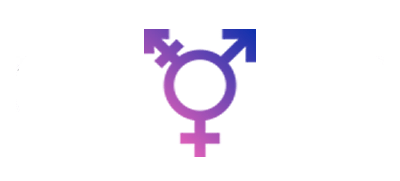
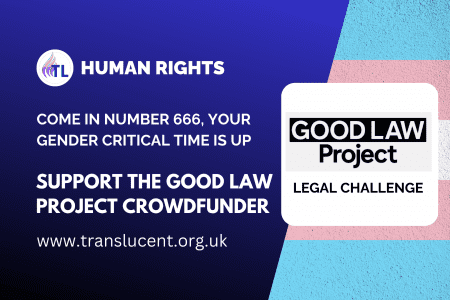
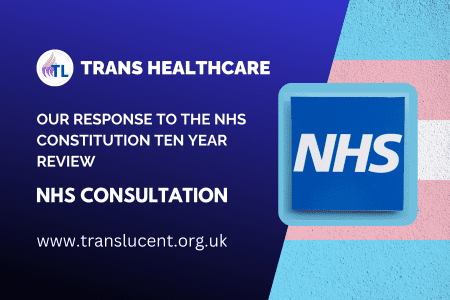
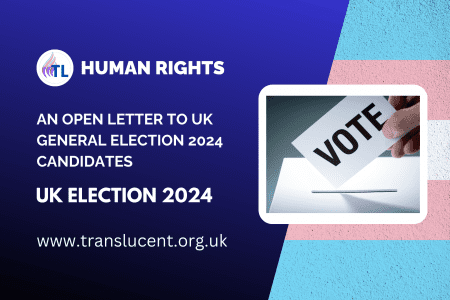
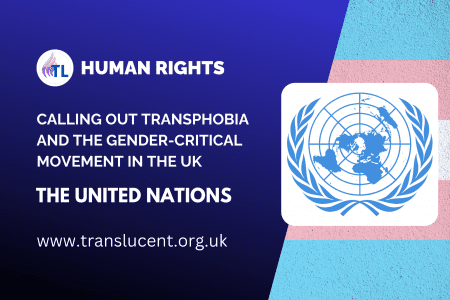
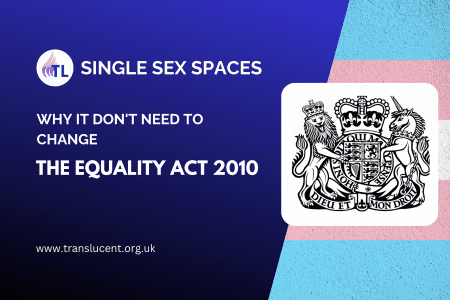
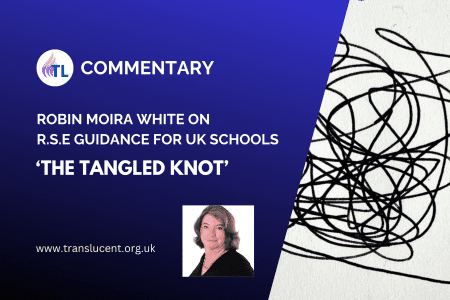
 To provide the best experiences, we use technologies like cookies to store and/or access device information. Consenting to these technologies will allow us to process data such as browsing behaviour or unique IDs on this site. Not consenting or withdrawing consent, may adversely affect certain features and functions.
To provide the best experiences, we use technologies like cookies to store and/or access device information. Consenting to these technologies will allow us to process data such as browsing behaviour or unique IDs on this site. Not consenting or withdrawing consent, may adversely affect certain features and functions.